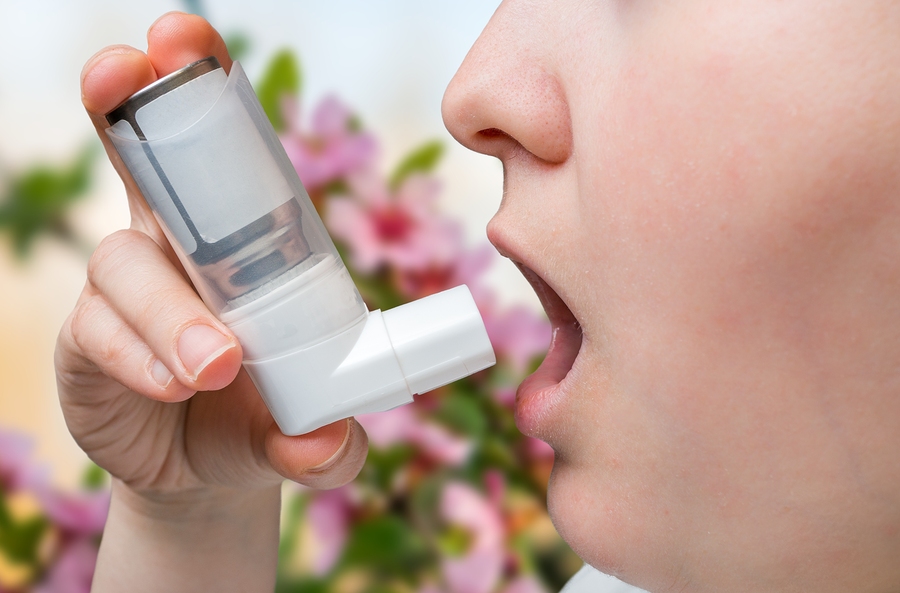TL;DR
-
Low vitamin D levels are linked with more severe asthma and worse lung function.
-
Adults and children with asthma are more likely to be vitamin D deficient.
-
Higher vitamin D levels are associated with fewer hospitalizations and ER visits.
-
Getting enough vitamin D may support better asthma control, but supplementation should always be guided by a clinician.
Vitamin D and Asthma Severity in Adults
A 2013 study in Allergy, Asthma & Immunology Research examined 121 adults with asthma in Costa Rica.
-
Insufficient vitamin D was defined as below 30 ng/mL.
-
Among patients with very low vitamin D (<20 ng/mL), 91% had severe asthma.
-
In those with 20–30 ng/mL, 74% had severe asthma.
-
Only 50% of patients with sufficient vitamin D had severe asthma.
Researchers also found that higher vitamin D levels were linked with fewer hospitalizations and emergency room visits in the past year.
Vitamin D Deficiency in Children with Asthma
African American Children
A 2010 study in the Journal of Pediatrics looked at 113 children and adolescents between ages 6–20.
-
86% of children with asthma were vitamin D deficient.
-
Only 19% of children without asthma were deficient.
Italian Children
Another 2010 Journal of Pediatrics study found similar results:
-
Only 9.4% of 75 children with asthma had adequate vitamin D levels.
-
Low vitamin D was linked with poorer lung function (measured by FVC and the Childhood Asthma Control Test).
Larger Study of 1,024 Children
The Journal of Allergy and Clinical Immunology (2010) measured vitamin D levels in over 1,000 children with mild to moderate asthma.
-
35% had vitamin D levels below 30 ng/mL.
-
Poor vitamin D status was linked to a higher risk of hospitalizations and ER visits.
Why This Matters
Across multiple studies, both adults and children with asthma are more likely to have low vitamin D levels. Insufficient vitamin D has been associated with:
-
More severe asthma
-
Worse lung function
-
Higher risk of ER visits and hospitalization
While vitamin D is not a cure, maintaining healthy levels may play a supportive role in asthma management.
Practical Takeaways
-
Get tested: Ask your clinician for a 25(OH)D blood test.
-
Natural sources: Safe sun exposure, fatty fish, fortified dairy, and egg yolks.
-
Supplements: May be needed for some individuals, but dosage should be guided by a healthcare provider.
FAQs
Does vitamin D improve asthma symptoms?
Studies show low vitamin D is linked to more severe asthma and worse lung function. Some evidence suggests maintaining healthy levels may improve control.
Can vitamin D reduce asthma attacks?
Research indicates children and adults with higher vitamin D levels are less likely to be hospitalized or need emergency care for asthma.
How much vitamin D do I need?
Needs vary by age, health status, and sun exposure. Your clinician can measure your vitamin D level and recommend the right amount.
Should children with asthma take vitamin D supplements?
Many children with asthma are deficient. Supplements may help, but should only be started under medical supervision.
What are natural sources of vitamin D?
Sunlight, fatty fish (like salmon or sardines), egg yolks, and fortified foods are common sources.






